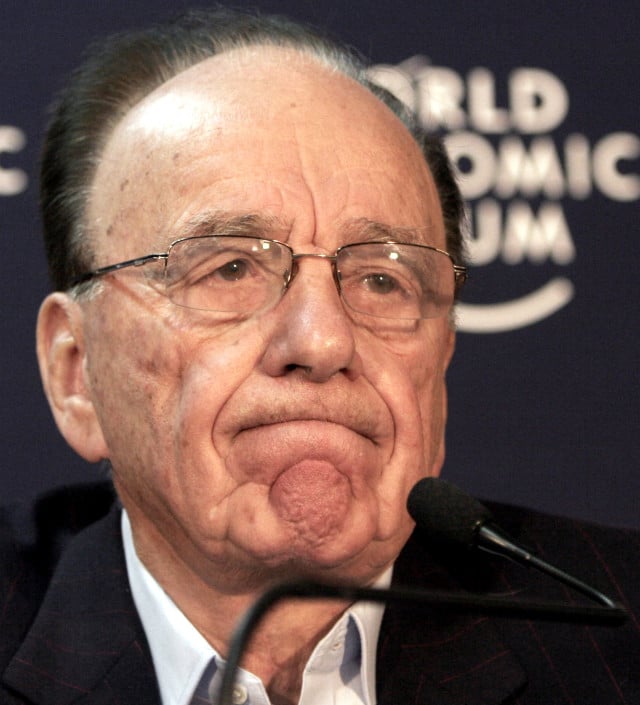
The news industry is not yet ready to introduce digital charging on News Corp.’s terms, nor on its turf.
The publisher may be right in the middle of introducing fees for its own online newspapers, but it is putting on ice Rupert Murdoch’s grander ambition of creating a pay-for digital news service comprising content from the entire UK news industry. At the same time, sources familiar with the company’s plans say similar efforts in the U.S. have been put on a slower track, but not being canceled.
Perhaps the most ambitious of the digital projects underway across News Corp., “Project Alesia”, was attempting to underpin digital news with a paid economy, much sought after by some publishers, by aggregating its own content with that of rival publishers. In the UK, more than 80 contractors and significant number of staffers were working on the project; most of the jobs are ending while News Int. absorbs some. A source familiar with News Corp.’s plans said some of the technology could be used for other in-house digital developments.
Despite some reports that News Corp pulled the plug just as the UK version was to launch, one of our sources said that was not the case. The project, more than a year in the making, had not reached critical mass, hampered by rivals’ concerns but also by new opportunities that have arisen since work began. Originally envisioned as a way to give publishers a platform that could compete with Amazon (NSDQ: AMZN) Kindle chiefly and be at the forefront on tablets, Project Alesia instead wound up in the shadow of Apple (NSDQ: AAPL) iPad, among other developments.
The project retains more signs of life in the U.S., where News Corp is also developing a new nationwide mass-market digital news title code-named Daily Planet, than in the UK, where news proprietors are fierce rivals who find it hard to get along.
What is/was News Corp.’s thinking with Alesia?
Any eventual product launch would have drawn learnings from some of News Corp.’s success in TV to create a single customer entry point to multiple providers’ content. That industry had been surprised by the turn-out of Hulu, the VOD platform co-owned by News Corp.’s Fox with ABC (NYSE: DIS) and NBC Universal (NYSE: GE), which might have been a dud but which emerged as a supremely usable TV aggregator that is revolutionizing U.S. viewing. (One source who saw the potential product from Alesia told us it would have been as surprising as Hulu, in a positive way).
And News Corp already has experience running a paid platform for multiple operators’ content through a a single gateway of it’s own – successful pay-TV platform Sky has 9.56 million subscribers to its bouquets of own-brand and third-party satellite channels.
But, though Rupert Murdoch and News Corp.’s UK news titles remain firm in their strategy that news must be charged for, since Alesia was conceived about a year ago, some other publishers have held back from pushing the “paywall” switch and are remaining free while confidently going after mass audience scale in an advertising upturn on the web. Mail Online and Guardian.co.uk claim their half-year ad sales are up by 50 percent and more.
New channels like tablets also continue to give them commercial opportunities under their own steam without joining a consortium. Alesia would have posed such participants a big question – if they had put their content in to a News Corp-owned aggregator, what on earth would that have meant for the own-brand businesses they have been building for the last 15 years?
Putting the brakes on Alesia, however, won’t affect the Daily Planet project, nor will it dent News Corp.’s (NSDQ: NWS) excitement about that same tablet opportunity.
News Corp. still owns a stake in Steve Brill and Gordon Crovitz’s Journalism Online, which has been slowly rolling out tests its consumer-facing Press+ products for publishers. At the same time as that investment, News Corp also acquired the e-reading platform and IP of Hearst-incubated Skiff.